BHU’s Legacy Faces Erosion
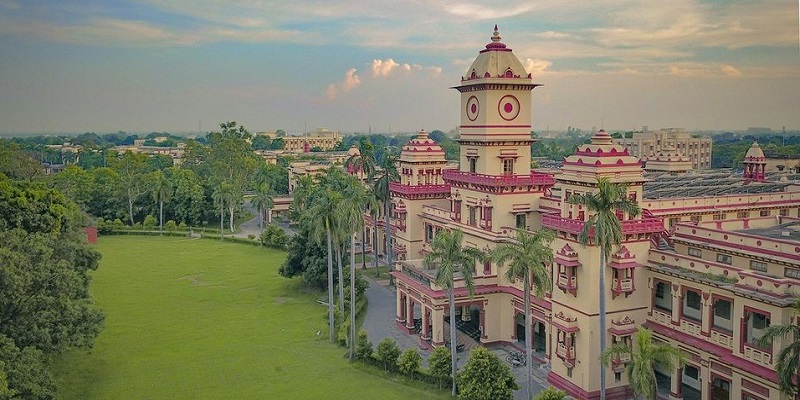
The recent constitution of Banaras Hindu University’s (BHU) Executive Council after a staggering 51-month hiatus has sent shockwaves through India’s academic community. Once a symbol of national intellectual prestige, the Council now appears to reflect a troubling shift—one that raises serious questions about the politicization of higher education and the erosion of institutional autonomy.
Historically, BHU’s Executive Council was composed of eminent scholars, jurists, and scientists from across India. Names like Justice H.M. Beg, Prof. Jayant Narlikar, Prof. Kapila Vatsyayan, Prof. M.S. Valiathan, and Prof. Y.S. Rajan graced its roster, ensuring that the university’s governance was guided by academic excellence and national representation. Even internal members like Prof. T.R. Anantharaman and Prof. N. Rajam were chosen for their scholarly distinction. The norm was clear: at least six of the eight nominated members came from outside Uttar Pradesh, reinforcing BHU’s pan-Indian character.
But the newly announced Council—nominated by the President of India as Visitor under Statute 14(1) of the BHU Act—features seven members from Varanasi tehsil, including two from BHU’s own Sociology Department. Among them are a former BJP MP who lost his seat, a sitting mayor facing civic criticism, a social worker with unclear academic credentials, and a retired professor currently serving as OSD to the Governor of Assam. Only one member, Prof. Yogesh Singh, Vice Chancellor of Delhi University, brings a national academic profile—though even he has past affiliations with ideologically aligned institutions.
This shift from national diversity to local consolidation is not just symbolic—it’s structural. The Executive Council is BHU’s highest decision-making body, responsible for faculty appointments, financial approvals, and academic policy. Its composition directly affects the university’s trajectory. The absence of a functioning Council since June 2021 led to emergency powers being invoked by the Vice Chancellor, delaying promotions, appointments, and governance decisions. Even the BHU Court, which elects the Chancellor, remains vacant, as do key administrative posts like Registrar, Controller of Examinations, and Finance Officer.
The roots of this crisis go deeper. BHU’s governance model was altered following visitorial enquiries in 1958 and 1966, suspending its original democratic provisions. Despite assurances from then Education Minister M.C. Chagla and later promises by Murli Manohar Joshi, the university’s autonomy was never fully restored. Instead, appointments became increasingly centralized, subject to the whims of the Ministry of Education. The current nominations, rushed through the Prime Minister’s Secretariat, reflect this trend—raising concerns about transparency, merit, and due process.
Observers fear that the new Council may open “vistas of corruption,” as local political figures gain control over academic and financial decisions. The inclusion of individuals with limited scholarly output, questionable public service records, or dual administrative roles contradicts the government’s own “one man, one post” principle. The situation is exacerbated by the fact that BHU lies within the Prime Minister’s parliamentary constituency, making it vulnerable to symbolic overreach and political patronage.
This transformation is particularly painful given BHU’s legacy. Founded by Pandit Madan Mohan Malaviya as a temple of learning, the university was envisioned as a cornerstone of India’s intellectual renaissance. It was meant to nurture scientific temperament, democratic values, and cultural pluralism. Today, that vision stands compromised. The garden of Mahamana, once blooming with knowledge and wisdom, risks becoming a street-corner committee—its sovereignty smashed, its dignity diluted.
The question now is not just about BHU, but about the future of Indian higher education. Can universities thrive when their governance is dictated by electoral calculus rather than academic merit? Can institutions produce thinkers, scientists, and reformers when their councils are filled with political loyalists? And most importantly, can India aspire to be a “Viksit Bharat” by 2047 if its universities are stripped of their intellectual foundations?
As W.B. Yeats wrote, “Things fall apart; the centre cannot hold.” BHU’s centre—its Executive Council—must be restored to its rightful stature. Anything less is not just a betrayal of Mahamana’s dream, but a disservice to the nation itself.
The controversy surrounding the recent constitution of BHU’s Executive Council is not merely about who has been appointed—it’s about why and on what grounds. The deeper concern lies in the erosion of academic merit as the guiding principle for governance. When individuals with limited scholarly credentials or overt political affiliations are selected to steer one of India’s premier universities, it signals a shift from intellectual stewardship to administrative convenience.
This isn’t just a procedural lapse—it’s a structural warning. The BHU Act envisions the Executive Council as a body of academic and administrative excellence. Yet, the bypassing of constitutional norms and the absence of transparent selection criteria suggest a growing habit of policy improvisation that undermines institutional integrity. If this becomes a precedent, it will not only curse BHU’s legacy but also set a dangerous template for other central universities.
The social consequences are equally grave. Universities are meant to be sanctuaries of inquiry, not battlegrounds of political patronage. When academia is thrown onto the stake of electoral strategy, the very soul of education is compromised. Students lose mentors, research loses direction, and society loses its critical conscience.
Moreover, the lack of accountability—who approved these names, on what evaluation, and with what vision—remains unanswered. If such appointments are allowed to stand unchallenged, it will trigger a nationwide competition of politicizing institutions, where loyalty trumps learning.
In this climate, the dream of Viksit Bharat by 2047 risks becoming a rhetorical shell. A developed nation cannot emerge from hollowed institutions. It must be built on the foundation of merit, transparency, and academic freedom. BHU’s current crisis is not just a local issue—it’s a national test. And the answers we choose now will shape the future of Indian education.
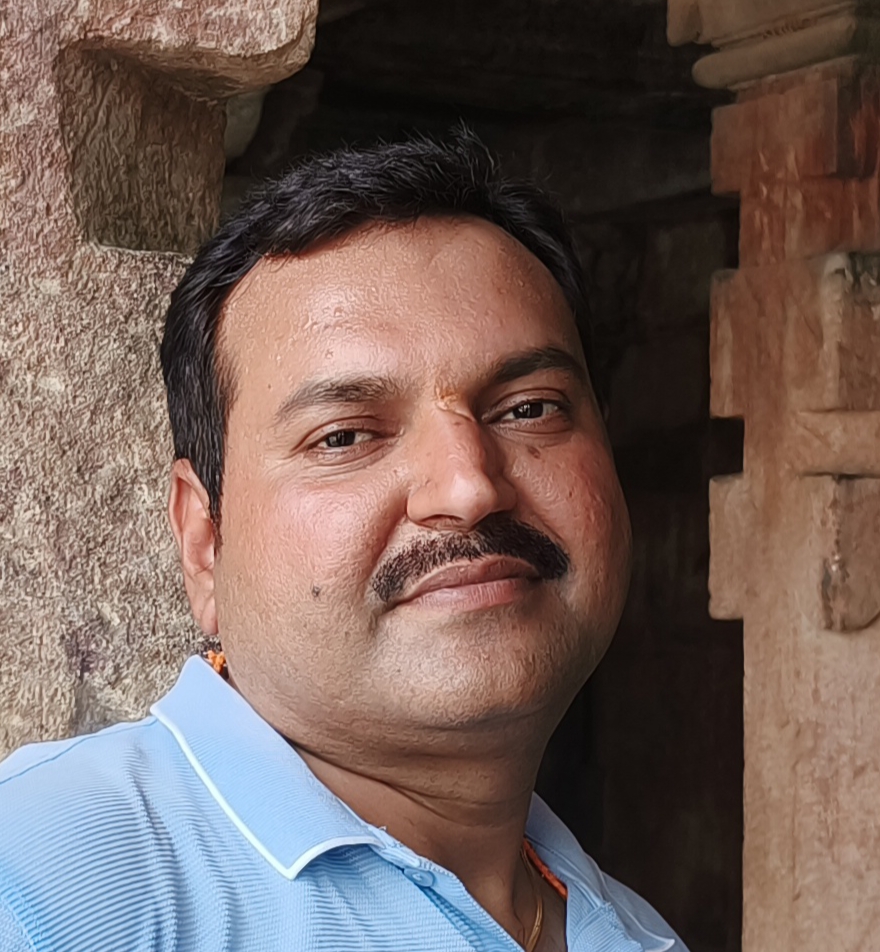
 1 day, 11 hours ago
1 day, 11 hours ago

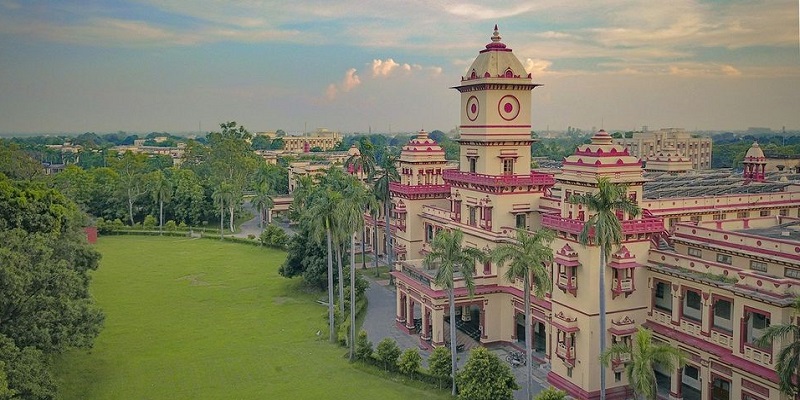
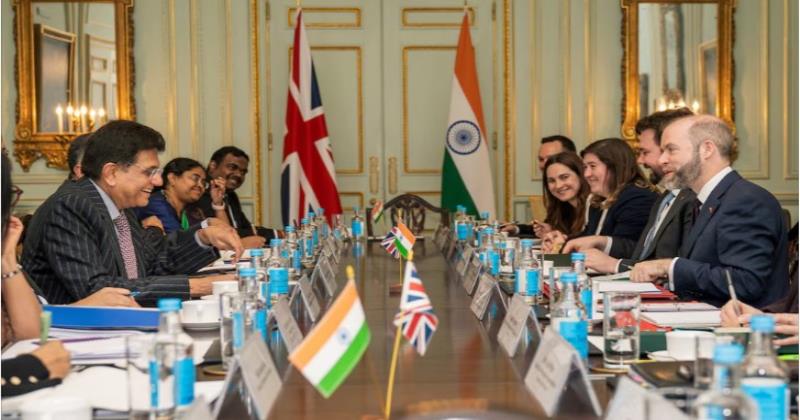

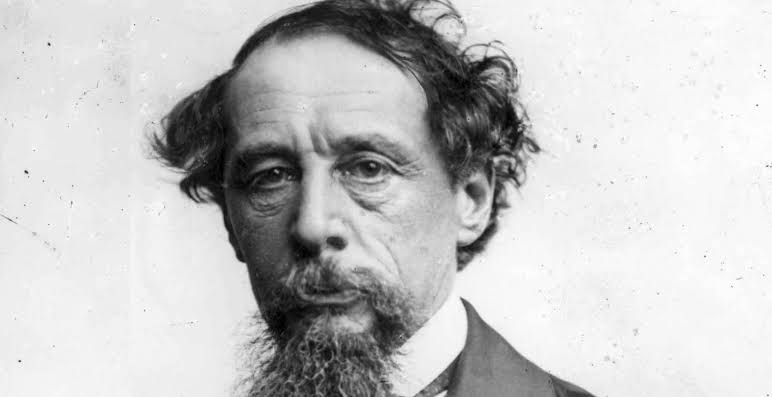
[[comment.comment_text]]